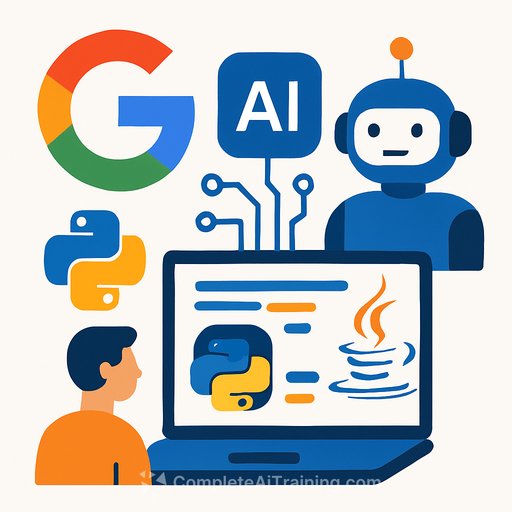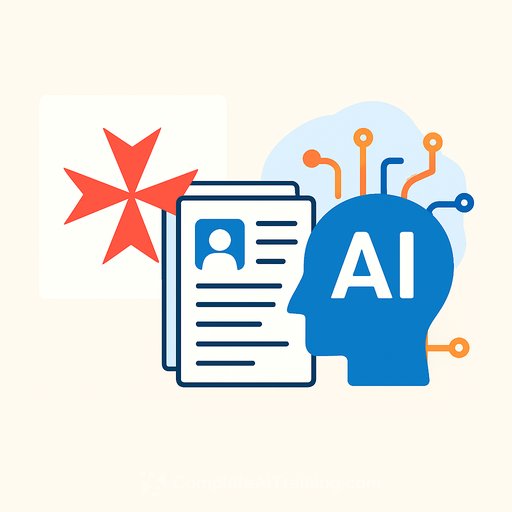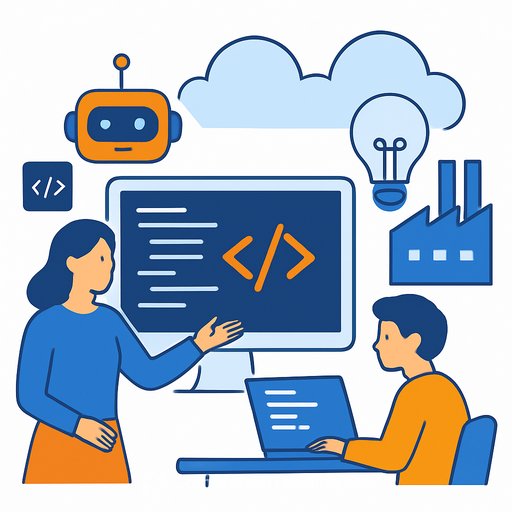Google Launches Python and Java ADKs for AI Agent Development
Google has introduced new agent development kits (ADKs) for Python and Java, aiming to simplify the process of building and deploying AI agents. The Python ADK has reached version 1.0.0, signaling it is ready for production use, while the Java ADK is in its early 0.1.0 release stage.
The ADKs offer developers a flexible way to create intelligent agents that can operate in live environments. Google emphasizes that these kits provide control and adaptability, supporting a wide range of agentic architectures—from straightforward tasks to complex workflows.
Production-Ready Python ADK
The Python ADK 1.0.0 release marks a key milestone. Developers can now rely on it as a stable platform for agent creation and deployment. This version ensures confidence in building agents that can perform reliably in real-world applications.
Java ADK: Early Access for Java Developers
The Java ADK 0.1.0 brings the capabilities of Google's ADK framework to Java. Though in its initial release, it extends the flexibility of AI agent development to Java programmers, enabling integration within Java-based environments.
What is the Google ADK?
The ADK is a modular, flexible framework crafted to develop and deploy AI agents efficiently. While optimized for Google's Gemini model and ecosystem, it remains model- and deployment-agnostic. This means it can work with other AI frameworks and environments, making it versatile for various development needs.
Google designed the ADK to treat agent development more like traditional software development. This approach helps developers define, test, version, and orchestrate agents much like regular code, easing maintenance and scaling.
Key Features of Python and Java ADKs
- Rich Tool Ecosystem: Developers can use prebuilt tools, custom functions, OpenAPI specs, or integrate existing tools to expand agent capabilities while maintaining tight integration with Google's ecosystem.
- Code-First Development: Agent logic and orchestration are defined directly in Python or Java, offering flexibility, easier testing, and streamlined version control.
- Modular Multi-Agent Systems: Enables building scalable applications by combining multiple specialized agents into flexible hierarchies.
These features allow IT professionals and developers to build AI agents tailored to their specific use cases without being locked into a single model or platform.
For developers interested in expanding their AI skills or exploring agent development further, there are comprehensive resources and courses available, such as those offered by Complete AI Training.
Your membership also unlocks:





